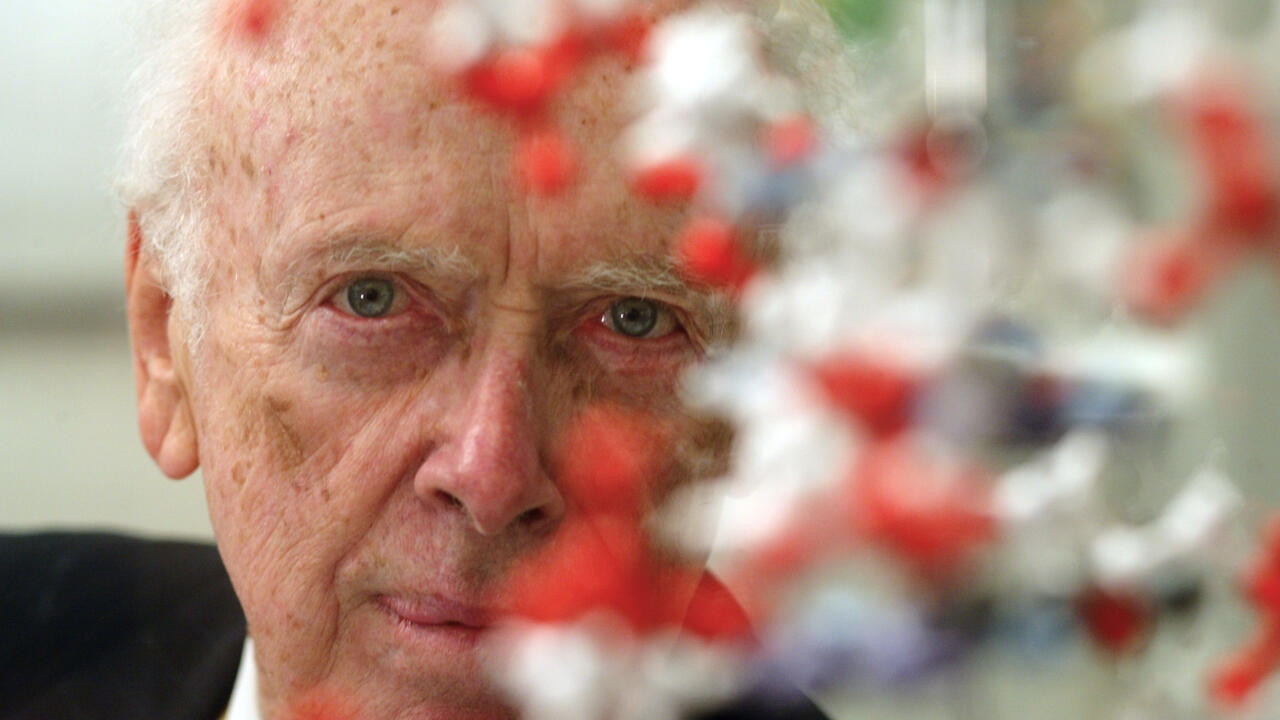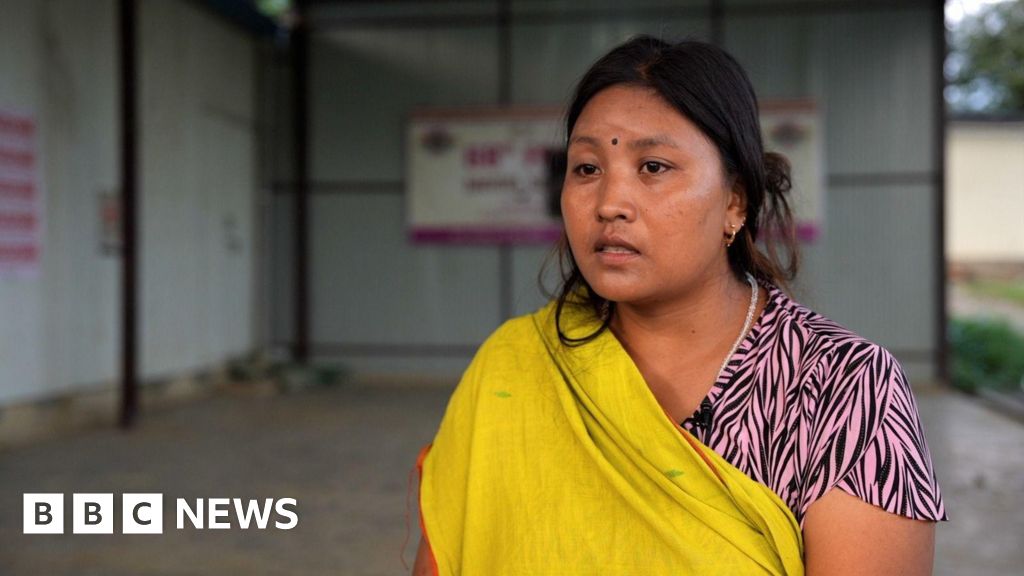When, one Saturday in September, the people dwelling in Berlin’s Alexanderplatz were asked if they had a minute to answer a question about Gaza, most of them responded that they were “in a hurry” or that they “didn’t know much about the topic”, if they didn’t flat out reject ENTR’s request for comment.
Even amongst the crowds that filled the streets moments after the “All eyes on Gaza” protest and following concert, very few people agreed to talk in front of the camera.
Saskia, a 25-year-old political science student, was one of the few people who talked to ENTR about how the war in Gaza has been polarising the German government and civil society.
"I really understand why people don't want to be on camera to talk about this, because in Germany it's a very difficult subject and you can have a lot of repercussions for your positions,” she said. “Protesting Israel can very easily get you called an anti-Semite or accusations of anti-semitism when you are protesting the actions of a state.”
Saskia was not the only person to say something along those lines. The reason for this can be found in Germany’s historical relationship with Israel.
A question of historical guilt?
Kollektivschuld is the collective guilt that Germany and its people feel for perpetrating the Holocaust during World War II. It is this feeling of guilt and the efforts that followed the war to confront and memorialise these crimes that led to a promise to protect the Jewish population at all costs.
In 1948, the state of Israel was created on parts of the former British mandate for Palestine.
Supporting this state gradually solidified into one of the pillars of German statehood. Germany saw its commitment to Israel as an extension or replacement of its commitment to supporting Jewish life. Many politicians, like former chancellors Angela Merkel and Olaf Scholz, have called the security of Israel Germany’s “reason of state”.
Because of this policy, since diplomatic ties between Germany and Israel were officially established in 1965, anything that might call into question the actions of Israel, especially when it comes to its security, has often been hard to criticise for the German government.
Across the divide: Government vs the people
The average opinion on Gaza and the war among residents in Germany is changing, despite Berlin's reluctance to condemn the actions of Israel in the enclave – which have been defined as “the genocide of Palestinians in Gaza” by a UN commission of inquiry.
A recent YouGov poll shows that 62 percent of the German electorate agrees that what has been happening in Gaza amounts to genocide. And another Forsa poll reveals that more than half of Germans are in favour of the recognition of the state of Palestine.
On September 27, when ENTR was in Berlin, between 60,000 and 100,000 people participated in the “All Eyes on Gaza” event organised by NGOs like Medico International and Amnesty Germany. The country had never seen that many people come together in support of Palestinians.
It was also the first time a political party officially participated in a pro-Palestine gathering. Red flags and banners from “Die Linke”, a left-wing party that holds seats in the current Parliament, were visible throughout the protest.
Is something changing?
One of the first indications that the tension around the public debate on Gaza might be easing was Chancellor Friedrich Merz’s announcement in August 2025 that Germany would no longer issue licenses for weapons “clearly usable in Gaza”.
Leandros Fischer, a researcher who spoke with ENTR, compared the decision to the “breaking of a dam”, after which people started to feel like they could more openly speak about what is happening in Gaza.
After a ceasefire in Gaza was agreed upon and ratified on October 9, Merz pledged €29 million in humanitarian aid to the Palestinian territory, and later attended the signing of the Gaza summit in Egypt with other world leaders.
Meanwhile, the NGOs that organised the “All eyes on Gaza” event said civil society must continue to mobilise.
On October 9, Amnesty Germany wrote that “today brings some hope”, but also asked “what will tomorrow look like?”, underlining that “The suffering of many of those affected – especially the Palestinians in Gaza – will not end overnight.”










 English (US) ·
English (US) ·